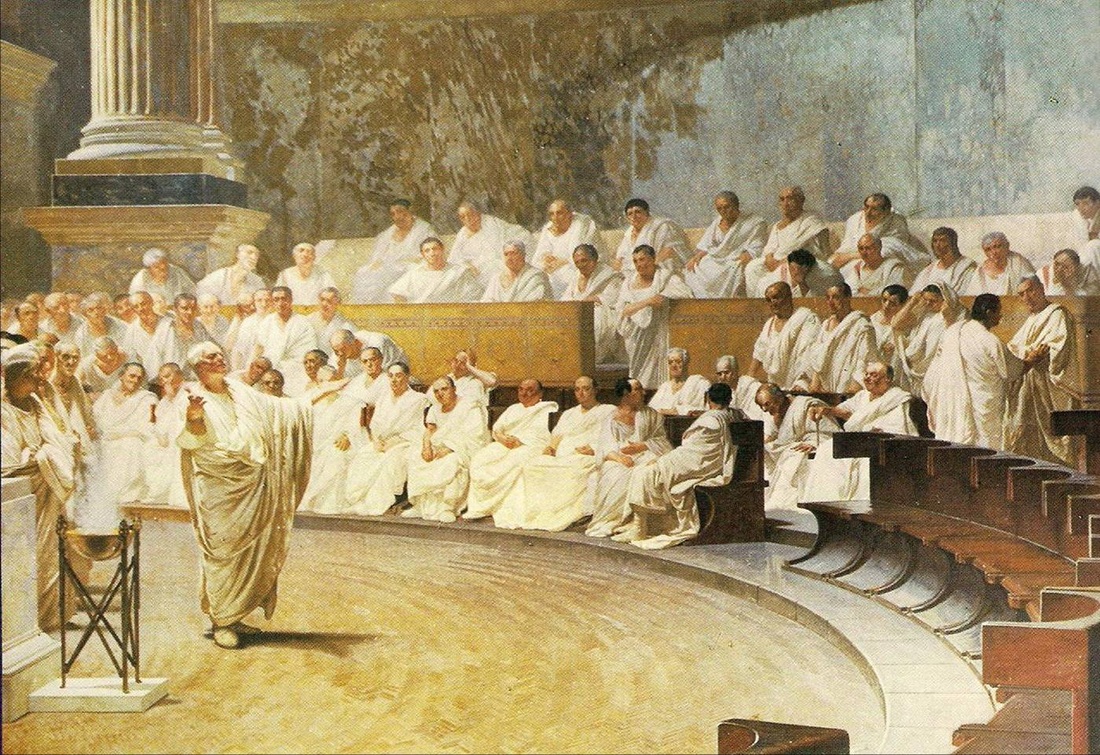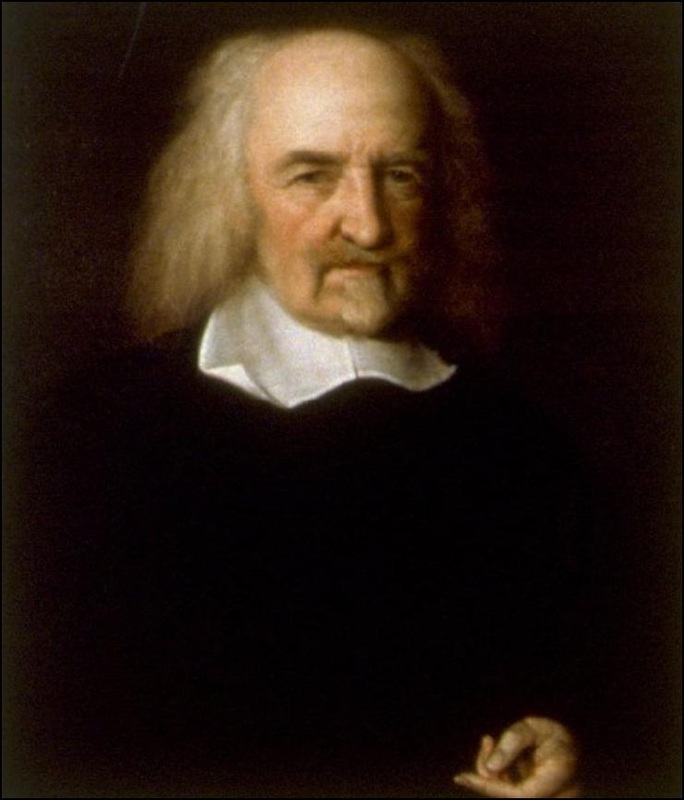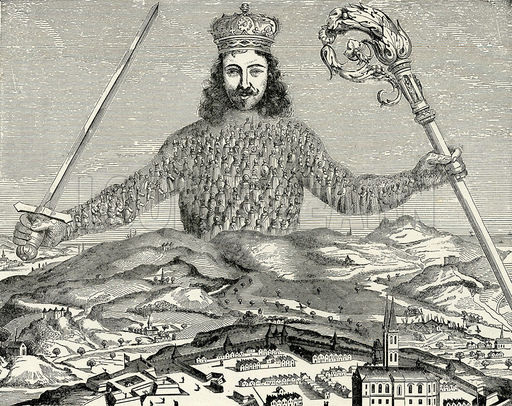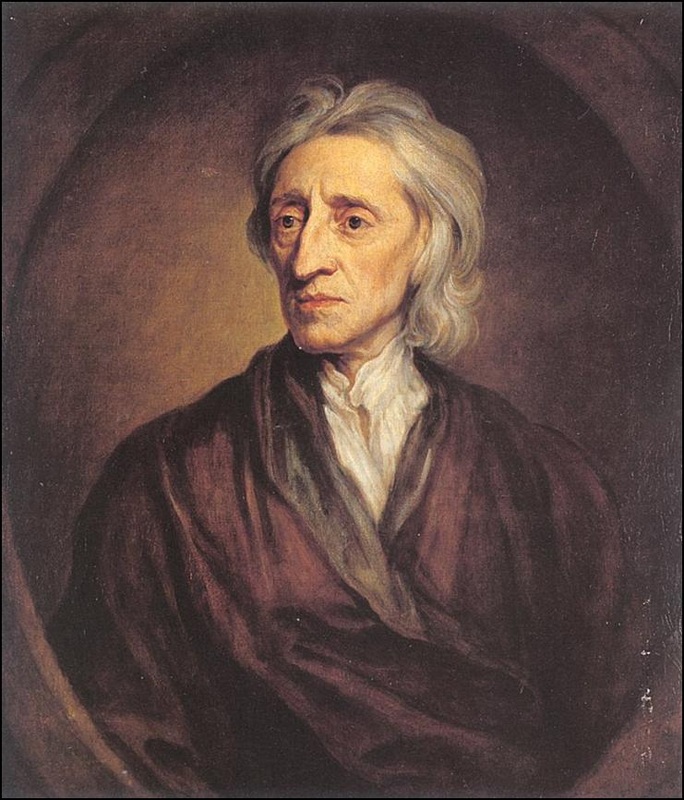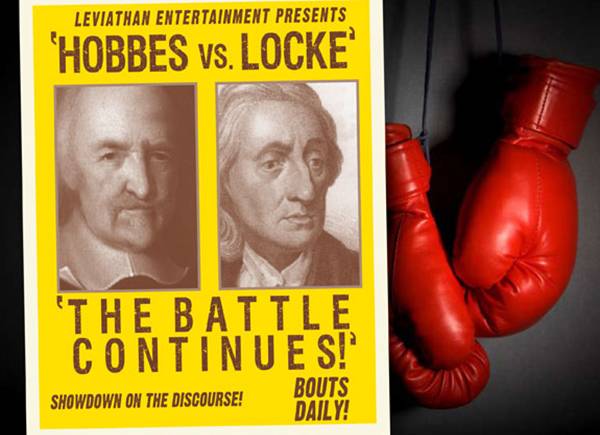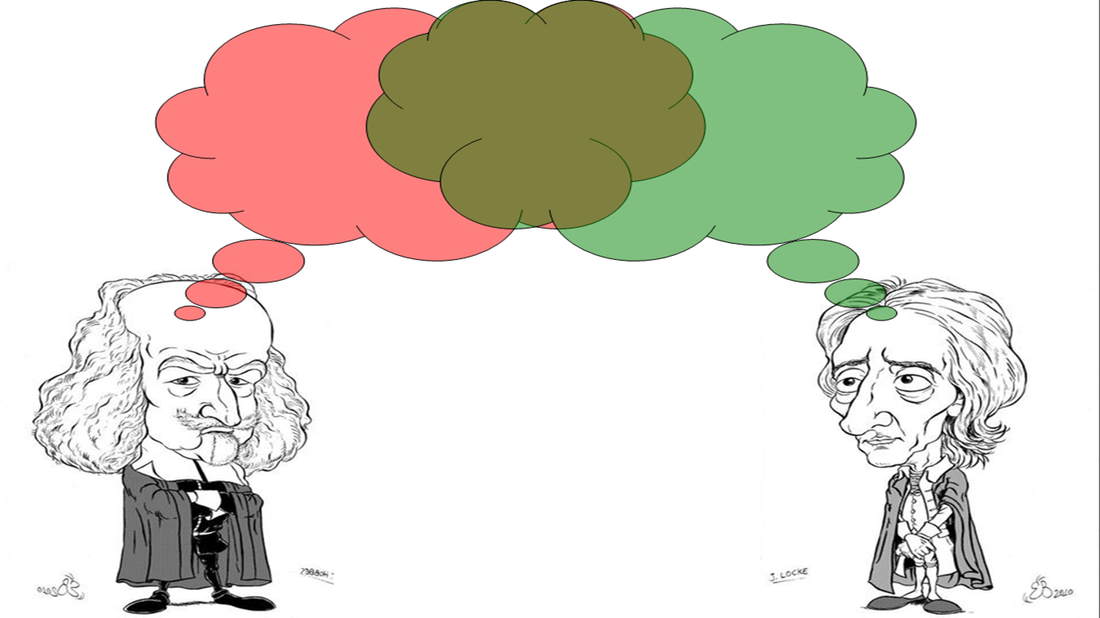A "Plagiarized" Government
How the American Founders "Copied"
From the Best, and Got Away With It!
Call it "pre-packaged originality". I like that. They say that "imitation is the sincerest form of flattery", and if that's the case, then the American "Founders" flattered the heck out of the classic government documents, opinions, philosophers, and theories.
Essential Question: In what way is the "American blend of government" impacted by the Foundational theories of the past? How did we take them, and make them our own"?
Essential Question: In what way is the "American blend of government" impacted by the Foundational theories of the past? How did we take them, and make them our own"?
Part I: Aristotle
We've already seen how the Ancient Greek philosopher Plato contributed the foundational theories of "timocracies" and "oligarchies" to the American government. But would you guess that his personal "mentor" Aristotle would contribute government theories as well? Let's examine the perfect Aristotlian form of government. Examine the quote below:
Using the above quote, answer the questions:
The quote continues:
Using the above quote, answer the questions:
- “The best regime, and best way of life according to Aristotle are the same. While [monarchies] are the regime most desired…it is the mixed regime that is the best regime. The mixed regime contains elements of each individual regime, just as the best person is a mixture of all the different virtues. The regime must incorporate [the upper class], the farming class and the middling class. It is this regime, the mixed regime, which must properly be defined as a Republic….
Using the above quote, answer the questions:
- Define the "mixed regime" in Aristotle's words.
- What is the "benefit" of a mixed regime? (HINT: Focus on the "...best person..." part)
The quote continues:
- …Take for example the American regime: We have the element of Kingship in the President, we have the element of Democracy in the House of Representatives, we have the element of Oligarchy in the Senate and we have Aristocracy in the Supreme Court. Such a regime is the best possible regime because it allows for the virtues of each regime to be apart of the city;…so does the city participate in the virtues exemplified by the various regimes in a mixed regime.”
Using the above quote, answer the questions:
- Define the "American mixed regime" from the analysis of Aristotle's words.
- ANALYSIS: Aristotle advocated for a 2-part "mixed regime": the "upper class" and the combined "commoner class" of the farmers and middle class. How many parts are in the American blend? (HINT: 2 parts come together as one...)
Part II: Thomas Hobbes
|
Fast-forward a few thousand years and you come to the writings of the Englishman, Thomas Hobbes (1588-1679). He's famous for a book called The Leviathan, which means, "leader", and in his perfect form of government, he envisioned the concept of "meaningful freedom" where mankind is controlled and prevented from doing the wrong things. Remember the words of Plato? Democracy is bad because of the "slaughtering and banishing" of people. Yeah. Thomas Hobbes would agree. |

Basically, Thomas Hobbes envisioned society as the image on the right: "killed, or be killed". Sure looks like "slaughtering and banishing" to me! In fact, Hobbes spends a fair amount of time discussing the reasons why mankind fight with each other:
- "...if any two men desire the same thing which nevertheless they cannot both enjoy, they become enemies; and…endeavor to destroy or subdue one another.
- "[Every man wants the same thing:] [protection from] death, a comfortable living, and a hope [that if they work hard enough] they can obtain these items. [If every man wants these things, then it is believed that] every man has a right to everything, even to one another’s body. And therefore, as long as this [belief] endures, there can be no security to any man…"
- In Hobbes' opinion, why do mankind fight?
- Why, in Hobbes' opinion, will there never be "security to any man..."?
Hobbes' solution? Just look at the front cover of his book, The Leviathan. There he is! Bigger than life, and more powerful than any "little" man. Hobbes says that,
And no one wants to "kill, or be killed"! So, Hobbes states,
Using the above quote, answer the questions:
You might be asking yourself, "Great, everyone gives their rights to one man. Sounds like a dictator." And you'd be right. But Hobbes has something to say about that:
The next man, John Locke also has something to say about laws and order...
- "[Without a Leviathan, a 'strong leader']…every man will and may lawfully rely on his own strength and art, for [protection] against all other men."
And no one wants to "kill, or be killed"! So, Hobbes states,
- "The only way to [escape from this savage life],…is to [give] all their power and strength upon one man, or upon one assembly of men, that may reduce all their wills, by [variety] of voices, unto one will….
- "Every man should say to every man: I authorize and give up my right of governing myself to this man, or to this assembly of men, on this condition; ...and authorize all his actions in like manner. [At the end of the day,] the multitude [will be] united in a commonwealth; in Latin, civitas.
Using the above quote, answer the questions:
- Complete the sentence: "Without a strong "leader" (Hobbes calls it a __________, mankind has to rely on his own __________ and __________ for protection against other men. The only way to "escape" this is to "__________" all your power to __________ man. Yes, everyone's individual __________ are reduced, but by __________ (allowing) this one man to have power over me, all of mankind is united in a __________."
- ANALYSIS: So, does the American government "adopt" Hobbes' suggestion. THINK: To whom (and to what) do you "give your power and strength"?
You might be asking yourself, "Great, everyone gives their rights to one man. Sounds like a dictator." And you'd be right. But Hobbes has something to say about that:
- “The use of law…is not to bind the people from voluntary action; but to direct and keep them in a motion, as not to hurt themselves by their own impetuous desires, rashness, or indiscretion; as hedges are set, not to stop Travelers, but the keep them on their way.”
- Complete the sentence: "Hobbes says that laws are not meant to __________ people, but rather to __________ them and keep them in motion so that they don't __________ themselves!"
The next man, John Locke also has something to say about laws and order...
Part III: John Locke
|
John Locke (1632-1704) was, along with Hobbes, ones of the two greatest English political theorists of the seventeenth century. Unlike Hobbes, however, what stated that a "monarchical government" is best, Locke’s Second Treatise of Government, published anonymously in 1690, argued that government is an agreement between governors and the governed. Was he right? Examine some excerpts from Locke below. |
Firstly, Locke takes issue with the concept of a "monarch". He states,
- "An absolute monarchy…is indeed inconsistent with civil society...[because a monarchy] [sets] up a known authority...which everyone of the society ought to obey;…For he that thinks absolute power purifies men's blood, and corrects the [sins] of human nature, need read but the history of this, or any other age, to be convinced of the contrary.
- For Locke, why is an "absolute monarchy" (or a "Leviathan") a bad thing?

Locke continues:
- "...the community comes to be umpire, by setting standing rules [that are] the same to all parties;…Those who are united into one body, and have a common established law and judicature to appeal to…are in civil society one with another.
- [When a man surrenders his [own powers] to the public.…he authorizes the society…to make laws for him, as the public good of the society shall require…And this puts men out of a state of nature into that of a commonwealth, by setting up a judge on earth, with authority to determine [all controversies and injuries]
- For Locke, a strong Leviathan isn't necessary because the "laws of society" are established by the community. In his own words, the "community" acts like a _____.
- SYNTHESIS: Both men have said that regardless of the "structure of society", all men surrender their rights in order to be a part of the "_____". (HINT: A c-word).
- EVALUATION: Look at the "e-card" of "bullying" above, but look at it through the lens of society. Why, in society, is "bullying" a good thing?
- ANALYSIS: In what ways does American society "bully" its members? In other words, as part of the American commonwealth, what "American themes" have you been bullied into thinking?
So, what does Locke "give" to the United States? Well, Hobbes was all about a strong centralized power, and Locke was all about the power of a different kind, the power of the community. He continues here:
- "...the community retains a supreme power [over] even their legislators, [that] whenever they shall be foolish or wicked...[the community] will always have a right to preserve [their power] and rid themselves of those who invade them...And if a long train of abuses [continue], ...they should then rise themselves, and endeavor to put the rule into [their own hands] which may secure to them the ends for which government was at first erected;
- ANALYSIS: This is foundational to Lockean (and American government). If the government "...be foolish or wicked...", what right does the community have?
Conclusion
So...what have we just done? Well, we've seen how three (3) philosophers and their documents have essentially shaped the American government!
Aristotle's easy to understand, but Hobbes and Locke might be a bit harder. As a way of closing our understanding, I'd like you to summarize the beliefs of Hobbes and Locke by paraphrasing and summarizing their statements in speech bubbles. In each speech bubble, summarize the following:
- From Aristotle, we get the "mixed government" of a Congress, President, and Courts
- From Thomas Hobbes, we get a strong centralized government with laws
- From John Locke, we get a strong "American community", with the rights to "rise up" and dismiss the government if they act "wickedly or foolishly".
Aristotle's easy to understand, but Hobbes and Locke might be a bit harder. As a way of closing our understanding, I'd like you to summarize the beliefs of Hobbes and Locke by paraphrasing and summarizing their statements in speech bubbles. In each speech bubble, summarize the following:
- ...what they think about mankind in general
- ...to "which type of governing power" do the people surrender
- ...how the American government "uses" their words.

